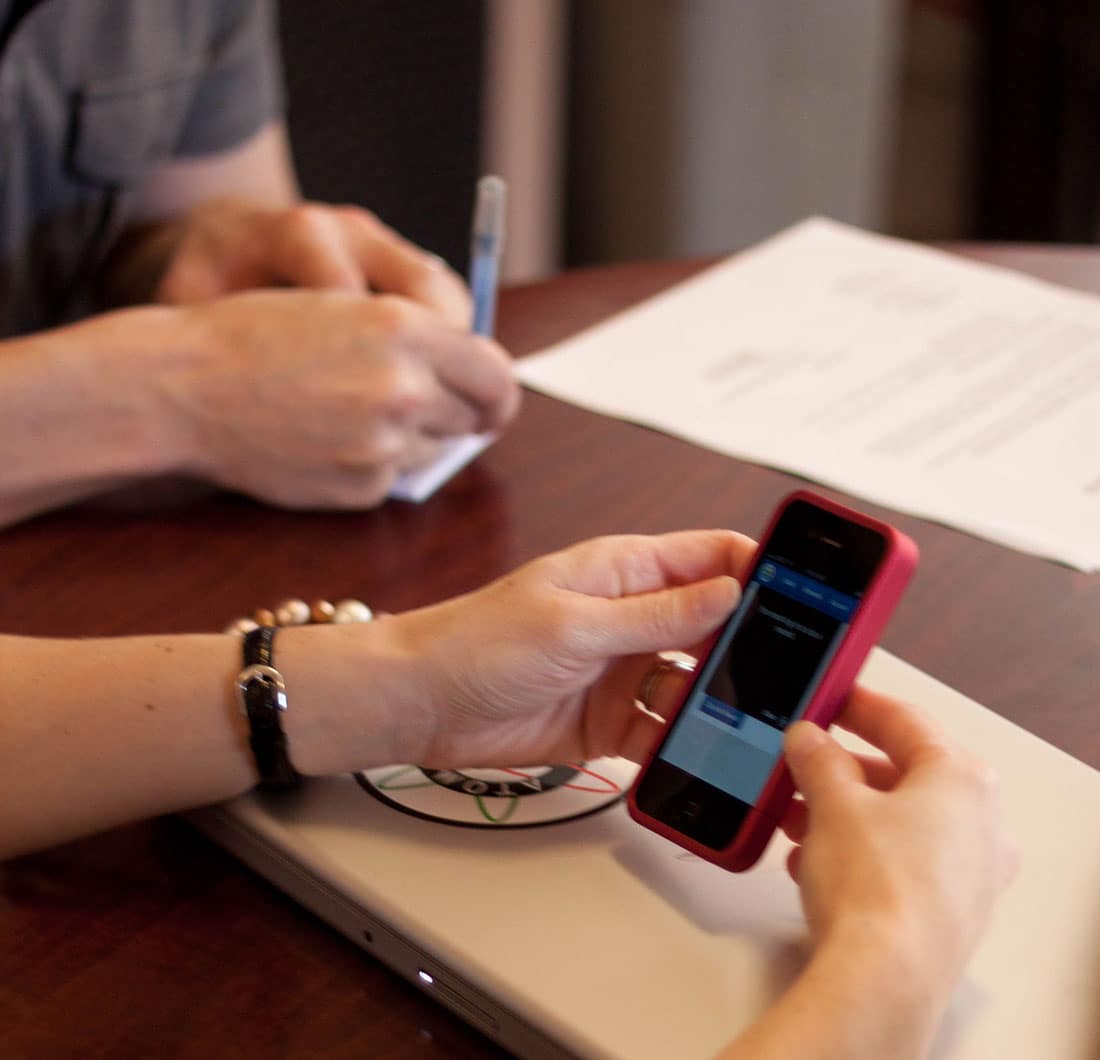For years, the professional software community has agreed that empathy is a good thing. If you can be empathetic, you stand a better chance of creating the sort of software that your users will use and value. After all, once we’re in the head of our users, we should automatically understand exactly what it is that they need.
If only that were true.
It turns out that empathy has a dark side. In a recent interview in the Harvard Business Review, Johannes Hattula discussed research findings showing that individuals with a lot of empathy were very likely to ignore market research.
The problem with empathy is that it can blind us to new facts. Once we convince ourselves that we know what our users want, it’s easy to rationalize away new facts that don’t line up with the story we’ve been telling ourselves. After all, empathy encourages us to pretend that we’re the users of the product we’re creating. When a new fact doesn’t line up with the narrative we’re telling ourselves, it’s very easy to simply dismiss it.
This might explain a phenomenon that I frequently notice when speaking to prospective customers who have a clear vision of their product. When challenged on an aspect of their approach that seems inconsistent with typical user expectations, their response is often, “My users are different.” When pressed to explain how they arrived at this conclusion, they rarely cite any sort of research to back up their claim. Why? Because it doesn’t align with the narrative they’ve come to rely on.
Does this mean that empathy is bad? No. But before we employ empathy as a tool, we should have a reasonably robust understanding of the facts that surround our target audience. Otherwise, we run the danger of ignoring a crucial detail. So next time you empathize with users, do your best to keep your eyes open.

